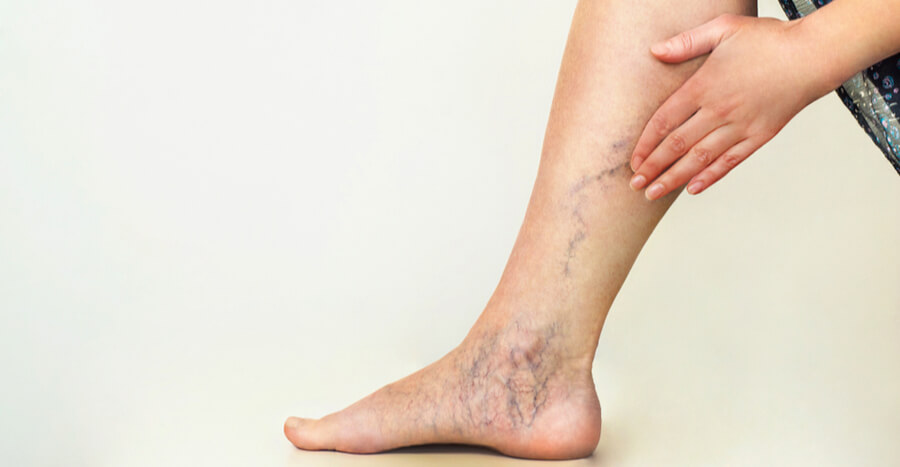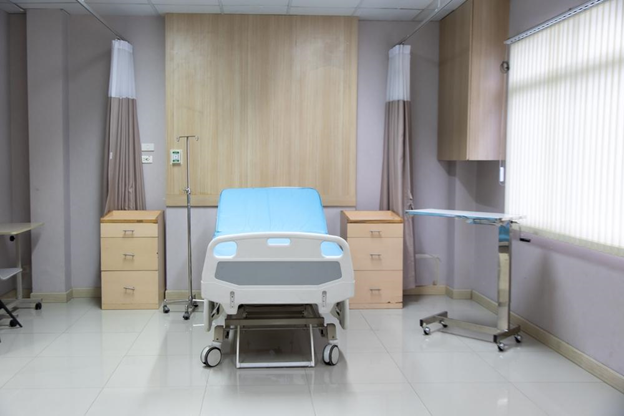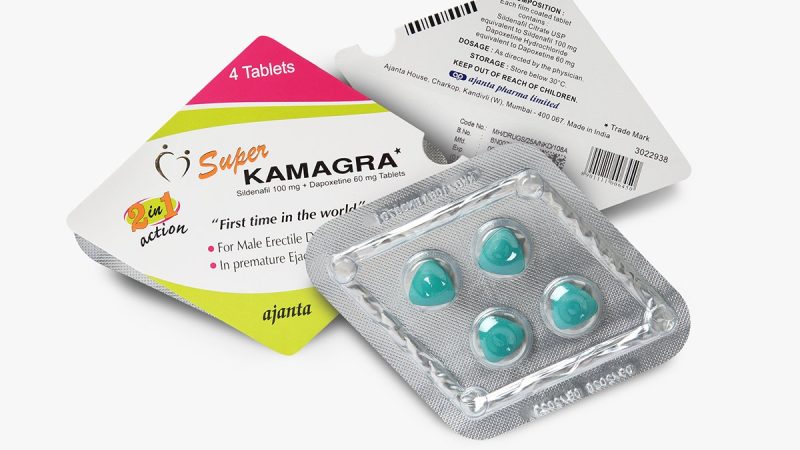How do you know that you might be Having Vascular Disease?

The vascular system is essential for the transportation of blood and nutrients to your body and into the heart. Your vascular health is, therefore, crucial to ensure the proper functioning of the vascular tissues, including the blood vessels. Vascular disease affects how the vascular system works and may cause symptoms that interfere with your health and daily activities. The Tinley Park, IL general surgeon offers advanced vascular care, including surgical treatments for various vascular diseases. Here we discuss what may indicate you have vascular disease.
Leg swelling
Your legs may swell for many reasons, such as injuries. But the common cause of leg swelling is venous insufficiency. It is a condition that occurs when there is poor blood flow to the heart.
Usually, the veins pump blood to the heart. Leg veins have valves that enhance blood flow by preventing it from flowing backward. However, in some cases, the valves may become weak or malfunction allowing blood back to your legs.
Blood accumulates in your legs, resulting in leg swelling. The leg swelling may also occur alongside leg pain, skin discoloration, leg cramps, and leg heaviness. Without treatment, leg swelling may lead to leg ulcers.
Your Vascular Specialists provider evaluates your leg swelling by using ultrasounds. The ultrasound evaluates the health of your valves. Depending on the cause of your leg swelling, they provide customized treatments.
They may recommend compression hose, sclerotherapy, or endovenous ablation.
Leg wounds
Leg wounds resulting from vascular issues develop on your lower leg, around the feet, or ankle. Leg wounds occur when you have problems in your veins or arteries. They usually occur due to venous insufficiency or peripheral artery disease.
Wounds develop due to increased pressure in your leg veins, which causes fluid to come out, leading to wounds formation.
Besides, wounds also form when there is insufficient oxygen in your legs, causing your tissues to die and form wounds.
You may develop wounds if you have blood clots or a vein injury. Your risk for leg wounds increases when you have an inactive lifestyle or spend most of your time sitting or standing. People with diabetes, high blood pressure, and high cholesterol levels are also more likely to develop leg wounds.
Venous ulcers
They develop when you have poor blood flow in the legs due to venous insufficiency or peripheral artery disease. Venous ulcers are open and take time to heal.
The ulcers are painful, appear as red sores, and produce drainage. The tissue covering the sore is yellow, and the skin around appears shiny and tight. When infected, venous ulcers worsen and have a foul odor.
Without treatment, venous ulcers may become bigger, leading to leg amputation. Proper wound care, medications, and wearing compression stockings can enhance healing.
The Vascular Specialists team offers comprehensive diagnosis and treatments for various vascular diseases. The treatments may include sclerotherapy, vascular ultrasound, dialysis access, peripheral artery angioplasty treatment, carotid stenting, and venous ablation. Seek early treatment when you notice skin discoloration in your legs, varicose veins, spider veins, leg wounds, and swelling to prevent complications.
Call Vascular Specialists today to schedule your consultation and learn more about vascular diseases and treatments.







